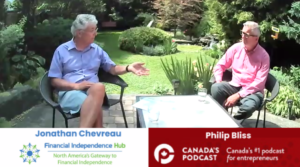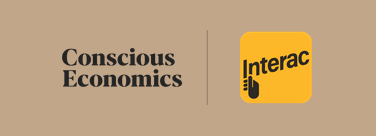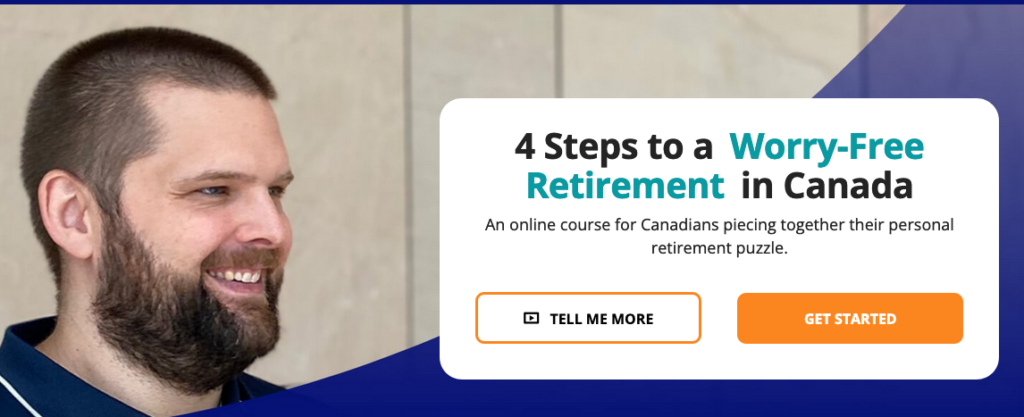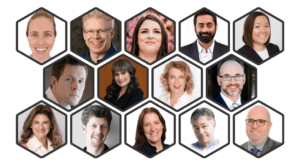
By Jack Andrews
For Financial Independence Hub
A recent study by Experian highlighted a troubling financial knowledge gap among Americans, especially younger generations.
Out of 2,000 adults surveyed, three out of five admitted that they have made expensive financial mistakes due to insufficient knowledge of credit and personal finance. Gen Z, in particular, faces significant challenges: 71% of respondents from this age group acknowledged that poor financial literacy has led to financial setbacks. Of these, 29% reported losses of $5,000 or more. These statistics underscore the urgent need for accessible and effective financial education.
Despite the evident need, a disconnect persists between the demand for financial education and its availability. While 78% of adults believe personal finance courses should be mandatory in high schools, only 25 states currently require such classes. This lack of structured education leaves many young people unprepared for essential financial responsibilities.
Gen Z is eager to learn about personal finance
However, there is hope: Gen Z is eager to bridge this knowledge gap. According to the same study, 80% of Gen Zers express a strong desire to improve their financial understanding, demonstrating a willingness to take charge of their financial futures.
The good news is that there’s a wealth of information available right at their fingertips. For example, there’s recently been an influx of reputable personal finance gurus sharing their knowledge on social media platforms. Former Wall Street trader-turned-financial influencer Vivian Tu is one of them. Known as Your Rich BFF on Instagram and TikTok, Tu has amassed over six million followers across her socials where she shares financial advice in the hopes of helping people live better, fuller financial lives. In addition to being a full-time content creator, Tu hosts a podcast called Networth and Chill and has written a bestselling book on all things related to personal finance.
Tu is far from being the only finance guru with a book worth reading. On Everand, you can find a plethora of personal finance ebooks that can help build your knowledge and your net worth. You can think about subscribing to this digital library as an investment. For an affordable monthly fee, you can access ebooks written by experts like David M. Rubenstein’s How to Invest and Steven A. Silbiger’s Retire Early?. So, if you’re ready to take charge of your financial freedom, here’s a list of the best finance ebooks to help you plan for the future:
How to Invest by David M. Rubenstein
Investing is one of the most effective ways to achieve financial independence, with a Youth & Money poll revealing that 63% of young adults believe the stock market is a great avenue for building wealth. Yet, many Gen Zers are not actively investing, often citing high living expenses or a lack of knowledge as barriers. This is where David M. Rubenstein’s How to Invest proves invaluable.
Rubenstein’s ebook is a deep dive into the principles of successful investing. Drawing on insights from some of the world’s most accomplished investors, the ebook provides readers with actionable strategies for navigating the financial markets. Whether you’re a novice or a seasoned investor, How to Invest delivers timeless wisdom and practical advice that can transform the way you approach investing. With Rubenstein’s guidance, young investors can gain the confidence and knowledge needed to grow their wealth.
Retire Early? Make the SMART Choices: Take It Now or Later? by Steven A. Silbiger
While Gen Z is proactive about managing immediate financial responsibilities, such as paying bills and budgeting, long-term financial planning often takes a backseat. According to a Newsweek report, 53% of Gen Zers have not yet contributed to a 401(k) or retirement plan, and 49% lack life insurance. These statistics highlight the importance of early retirement planning—an area expertly addressed in Steven A. Silbiger’s Retire Early? Make the SMART Choices. Continue Reading…






